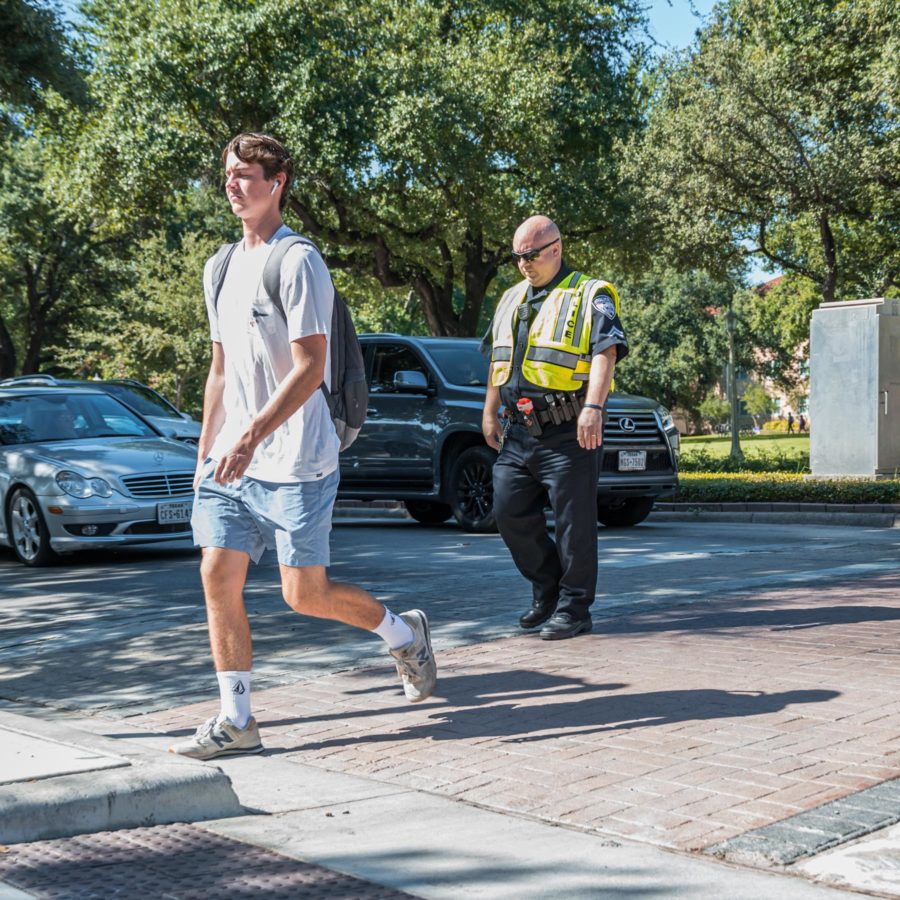Texas is weighing the cost of becoming the next Hollywood Hotspot.
The state has long attracted filmmakers. “American Psycho,” “True Grit” (2010) and “Friday Night Lights” along with classics, such “Giant,” “Bonnie and Clyde,” and “The Last Picture Show,” were all shot in the Lone Star State.
Recent projects by Taylor Sheridan, such as “Yellowstone,” and its spinoffs (“1923” and “1883”) have increased conversations about the state’s commitment to the Texas film industry.
The Texas Moving Image Industry Incentive Program is a state initiative designed to boost the state’s economy and create jobs by supporting films, television, commercials, animation, visual effects, video games, extended reality (XR), and other media productions.
Established by the Texas Legislature in 2007 and first funded in 2009. TMIIIP was created in response to increasing competition from states such as Georgia, Louisiana, and New Mexico, which had begun offering more generous incentives to host industry projects. The program ensures that Texas remains competitive in the entertainment industry by attracting major productions to the state.
Major funding increases
Senate Bill 22 (SB 22) would create a $500 million biennial fund aimed at bolstering Texas’s film and television industry by providing substantial financial incentives to productions within the state.
Texas natives Matthew McConaughey and Woody Harrelson are among the supporter advocating for SB 22. In March, the actors testified before the Texas Senate Finance Committee, emphasizing the economic benefits of filming in Texas. McConaughey and Harrelson star in the ongoing comedy series, “Brothers.”
McConaughey told lawmakers the production had already spent over $12 million on Texas goods and labor, averaging $2 million per week, with 12 weeks of production remaining. He also noted that they each returned 15% of their salaries to ensure the production remained in Texas, avoiding relocation to states like Georgia.
SB 22 includes provisions requiring that 35% of a production’s cast and crew be Texas residents initially, with this figure rising to 50% by 2031. This bill and its increase in financial funding were approved in the Texas Senate.
While the original goal was $500 million, lawmakers ultimately secured $492 million. $450 million of that will go towards tax credits for large-scale film and television productions, and $48 million in grants for smaller films and commercials.
The bill received unanimous approval from the Senate Finance Committee and is now pending a vote in the full Texas Legislature. Now, the bill is pending consideration in the Texas House of Representatives. If approved, it will be enacted into law, providing a significant boost to the state’s film and television industry.
The level of funding could significantly impact how many major productions choose Texas as a filming location. Filmmaker Taylor Sheridan has emerged as the most prominent advocate for increased funding. Sheridan has actively lobbied for more investment in TMIIIP, arguing that Texas risks losing production to more competitive states if lawmakers do not expand the program. Lone Star State’s legendary celebrities — Owen Wilson, Glen Powell, and Harrelson have even campaigned for the advocacy group Media for Texas.
Fort Worth has proved to be a popular filming location. The Stockyards, which have been featured in numerous movies and TV shows like “1883” and “Prison Break.” Other notable locations include Billy Bob’s Texas, Cowtown Coliseum and downtown Fort Worth.
TCU has been is featured “Landman,” and was used for shows such as “All American.”
The case for increased funding
The funding for TMIIIP has varied significantly over the years. In 2023, Texas lawmakers approved a historic $200 million budget for the program, a substantial increase from the $45 million allocated in the previous years.
Before this increase, funding levels fluctuated between $32 million and $95 million. Fort Worth has become a strong advocate for TMIIIP, with Mayor Mattie Parker emphasizing its economic benefits.
She said while she is “reserving judgment” as she awaits further advocacy from the Fort Worth Film Commission, state senators, and the Governor’s office,” she “fully supports the bill because of its huge impact on Fort Worth.”
“A large portion of TMIIIP funding will directly benefit the Fort Worth Film Commission,” Parker said, who stressed the importance of funding the expansion.
“Right now, the city can attract or retain one production project at a time, but we want to attract and retain projects permanently. “Without increased funding,” she said. “The city has lost out on projects based in Texas and continues to lose productions to Atlanta and New Mexico.”
Parker also shared that her favorite Fort Worth-based film project is “12 Mighty Orphans.”
Lawmakers advocating for TMIIIP’s expansion argue that it provides a substantial return on investment.
“For every dollar spent on incentives, approximately $4.69 flows back into the state’s economy,” according to Texas Film Commission. However, the Fort Worth Film Commission has yet to respond to how that roughly 5% is generated or how Texas residents’ tax dollars are used in the TMIIIP bill, according to the film commission.
“Since its inception, TMIIIP has brought nearly $1.95 billion in in-state spending and created over 183,000 jobs,” according to its website.
“Additional incentives are available for productions that hire veterans, spend money in-state during post-production, or film in areas classified as underutilized or economically distressed,” said Devin Jones, a Film Trails representative.
Gov. Greg Abbott has historically supported TMIIIP, though divisions remain within the Republican party. Representative Craig Goldman, R-Fort Worth, has acknowledged the challenge of competing with states like Georgia, which offers an uncapped 30% tax credit.
But Sen. Charles Perry, R-Lubbock, has expressed skepticism, warning of a potential “bidding war” with other states. Meanwhile, Sen. Lois Kolkhorst, R-Austin, has voiced concerns about the program bringing “Hollywood” values to Texas.
However, some lawmakers welcome this change, as Sen. Kelly Hancock stated when recognizing Tarrant County Day in the Texas Legislature: “Fort Worth is quickly replacing Hollywood with The Film Industry.”




